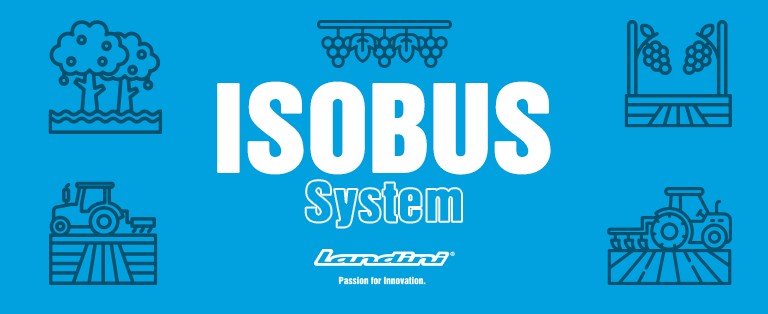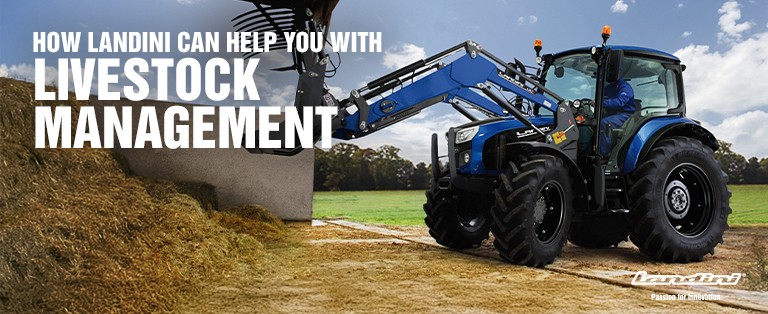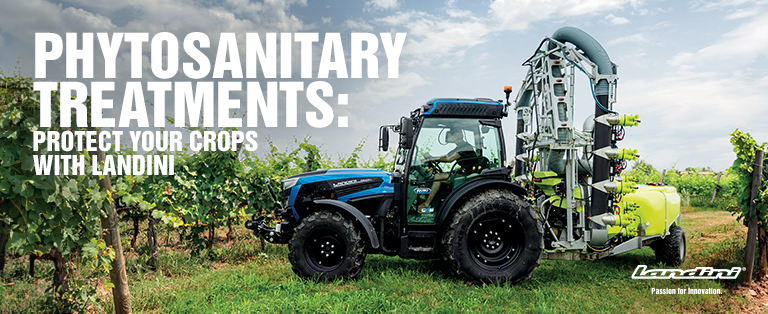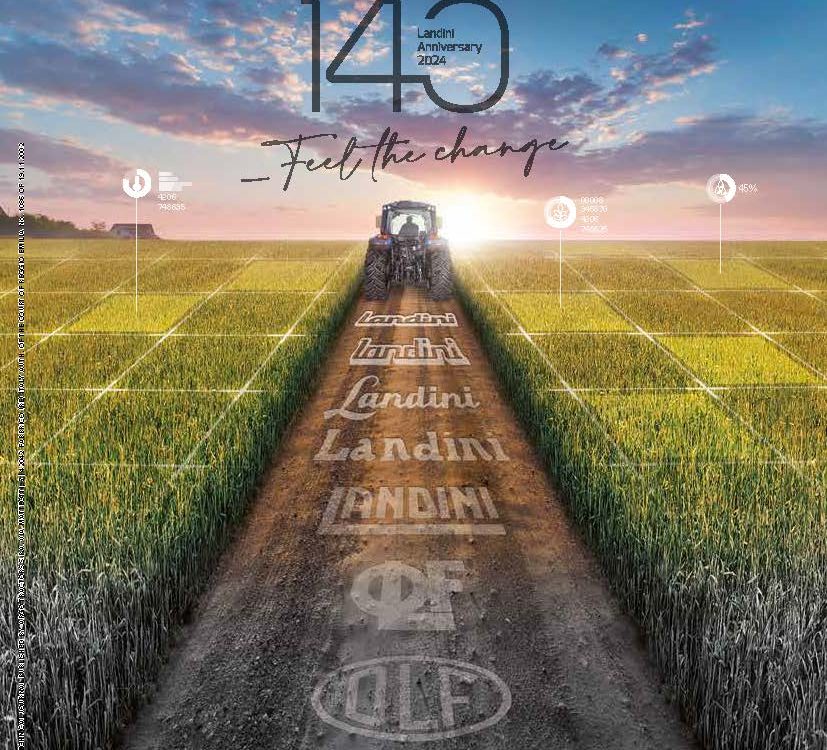ISOBUS green system

Table of contents:
The ISOBUS system and data collection
The main objective of ISOBUS technology is to standardise the communication between tractors and implements, ensuring full compatibility of the data transfer between mobile systems and the software used on the farm.
The basis is the ISO 11783 international standard – “Tractors and machinery for agriculture and forestry – Serial control and communications data network”.
This technology makes it possible to surpass the method adopted up to the time of its adoption, whereby it was often necessary to have as many control devices in the cab as there were implements connected to the tractor.
With this system there’s just one connection and it’s possible to exchange data and information between tractor, implement and software with a universal certified language via a single control console.
As a result, thanks to the ISOBUS system, farmers have access to a wealth of data that the implements communicate to the on-board terminal and that can be easily viewed. Important data to effectively track supply chain operations and assess the environmental impact of the work being done.
Some examples of the possibilities offered are: monitoring work parameters, tracking operations in the field, receiving information on the proper use and maintenance frequency of implements to ensure their perfect functioning over time.
Landini tractors are all equipped for ISOBUS technology, but Argo Tractors has decided to go even further: as part of the Ideagri network it has committed to promoting the use of this protocol in the specialised field of vineyards and orchards as well, promoting the ISOBUS Green system.
ISOBUS Green project: Landini’s choice
With a view to making the most of this digital technology and applying it in environments other than the open field, Landini collaborated with the ISOBUS Green project of the IDEAgri Network, which aims to connect the tractor to implements that aren’t electrified.
The IDEAgri network promotes the introduction of ISOBUS in the world of specialised agriculture in order to make this technology increasingly inclusive, as well as open to all implements and all types of work; preventive, able to monitor working hours and maintenance needs of all implements without differences between electronic and mechanical; and proactive, enabling communication with the Universal Terminal that’s always on and which ensures that the farmer work is performed with maximum efficiency but also minimal consumption and emissions, thereby saving precious resources..
The solutions are simple and the benefits concrete:
- For the farmer, using the resources already on the ISOBUS tractor every day means working more efficiently, reducing costs and consumption;
- For the environment, involving the operator and ensuring efficiency in all processes means avoiding unnecessary waste and pollution.
Even in the case of speciality tractors such as the Landini REX4 and implements for orchards and vineyards, the project aims to make mechanical implements communicate via ISOBUS, thus “upgrading” them.
Another objective of this system is to limit energy expenditures and preserve the environment by decreasing the impact that these implements have on the environment.
Finally, considering that many farmers today have access to a large amount of data through various digital solutions but aren’t able to interpret and exploit them correctly, the ISOBUS Green project is intended to utilise existing technology to increase the accuracy of information relating to soil tillage.
Even in contexts where the technology is perceived as difficult and inaccessible (e.g. vineyards and orchards), the ISOBUS system is made accessible and allows companies to work at maximum efficiency with their implements.



